September 2019 Galactic News
Events! Pubs! Platforms! Jobs! Doc! Tutorials! Releases! And some other news too.
The September 2019 Galactic News continues 1) the reformatting that started last month, and 2) the fine tradition of including all Galactic news under this or any other sun:
- 30 Upcoming Events
- 150 new publications
- Three new Galactic Blog posts
- Galaxy Platform News
- 6 Openings
- Training material and doc updates
- New release
- Other news
If you have anything to include to next month's newsletter, then please send it to outreach@galaxyproject.org.
Events

Galaxy, and especially the Galaxy Australia community will have a strong presence at INCOB 2019 in Jakarta. There will be an Introduction to Galaxy workshop and a conference talk about the Galaxy Australia platform.
In addition, we will also be taking first steps towards a regional Galaxy community and platform for the INCOB community. Interested? We hope to see you in Jakarta.

Learn how to increase the ease with which others can install and use your bioinformatics software.
This workshop at ACM BCB, on September 7, in Niagara Falls, New York will show participants how to use two technologies that make it easy for researchers to deploy and use your software: The Galaxy ToolShed, and Bioconda. Space is limited and registration is required.

GalaxyAfrica 2019 will be 14-15 November, in collaboration with the ASBCB/ISCB Africa conference in Kumasi, Ghana. We will offer Galaxy training for researchers, and training for systems administrators who need to maintain a local installation. This year we are calling for abstracts for three oral presentations that demonstrate the use of Galaxy in your research projects.

There are
- 30 upcoming events
- on 4 continents (plus online)
- in Sri Lanka, Ireland, US, Germany, Indonesia, Japan, UK, Belgium, Australia, the Netherlands, and France
- on installing Galaxy, getting your tools used, clinical applications, expanding the Galaxy and Bioconda ecosystems, microscopy image analysis, QC, assembly, RNA-Seq, variant detection, metagenomics, ...
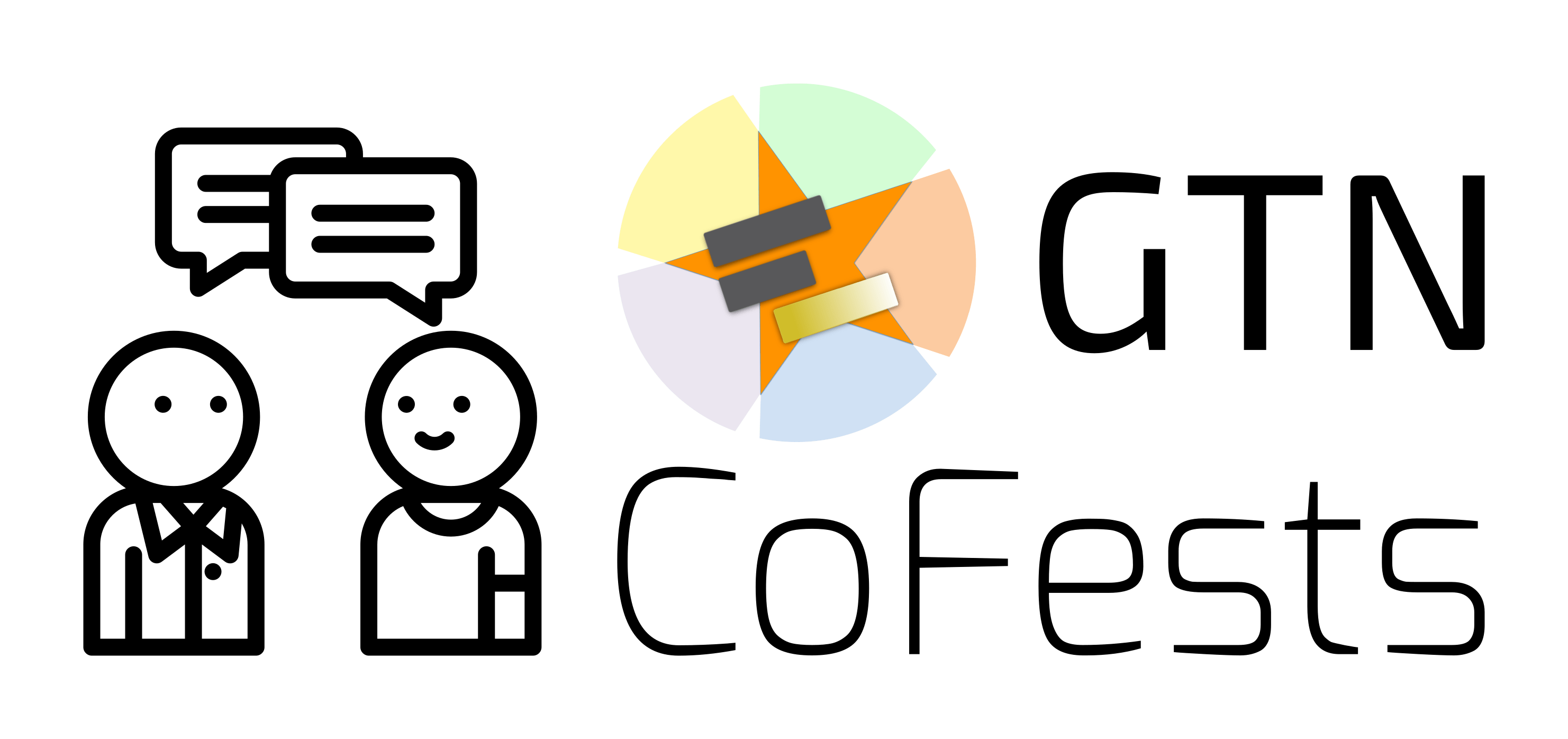
The Galaxy Training Network organizes one day, every three months, for collaborative work on the training materials and calls with the community.
The next day will be on the 12th of September. Anyone who would like to contribute, learn how to contribute to the Galaxy Training Material or just catch up with the community is very welcome to join. See the event page for details.

QFAB Training is offering 5 training topics in 5 days at the end of September:
- NGS Platforms: how data generation impacts bioinformatics analysis - quality control, 23 September
- Genome assembly using Galaxy, 24 September
- RNA-Seq analysis using Galaxy, 25 September
- Variant detection using Galaxy, 26 September
- Metagenomics analysis using Galaxy, 27 September
All training is offered at the Translational Research Institute (TRI) in Woolloongabba, Queensland, Australia

This year's Galaxy Netherlands Face2Face meeting will take place at:
- Time: October 3, 13:30-16:00, with drinks afterwards
- Location: GROW room, DTL offices, JIM 6th floor, Jaarbeursplein 6, 3521 AL Utrecht
Interested? Please register for the meeting.
Please let Saskia Hiltemann know if you have any agenda items you would like to raise for discussion, or if you would like to present any Galaxy-related work/plans you have.

A collaboration fest will be held in Freiburg and elsewhere on 30 September through 1 October for Bioconda and its ecosystem. This CoFest is organised globally and decentralised. Feel free to join us in Freiburg, join other events or organise your own local Bioconda Collaboration Fest.
There are several registration deadlines this month:
- ELIXIR Belgium All Hands Meeting 2019, Brussels, Belgium. Registration: September 6
- Gateways 2019, San Diego, California, United States. Regular registration: September 9
- AISES 2019, Milwaukee, Wisconsin, United States: Regular registration: September 29
- SACNAS 2019, Honolulu, Hawai'i, United States. Regular registration: September 30
Publications
150 new publications referencing, using, extending, and implementing Galaxy were added to the Galaxy Publication Library in the last month. There were two Galactic and Stellar publications added.
Nils Pilotte, Jacqueline R. M. A. Maasch, Alice V. Easton, Eric Dahlstrom, Thomas B. Nutman, Steven A. Williams. PLOS Neglected Tropical Diseases 13(7): e0007593. doi: 10.1371/journal.pntd.0007593
Jochen T Bick, Shuqin Zeng, Mark D Robinson, Susanne E Ulbrich, Stefan Bauersachs. Database, Volume 2019, 2019, baz086, doi: 10.1093/database/baz086
Publications are tagged with how they use, extend or reference Galaxy. The past month's pubs were tagged as:
103 : Methods 45 : UsePublic 17 : Workbench 16 : RefPublic 12 : UseMain 8 : Reproducibility 7 : UseLocal 4 : Tools 1 : Cloud
Galactic Blog Activity
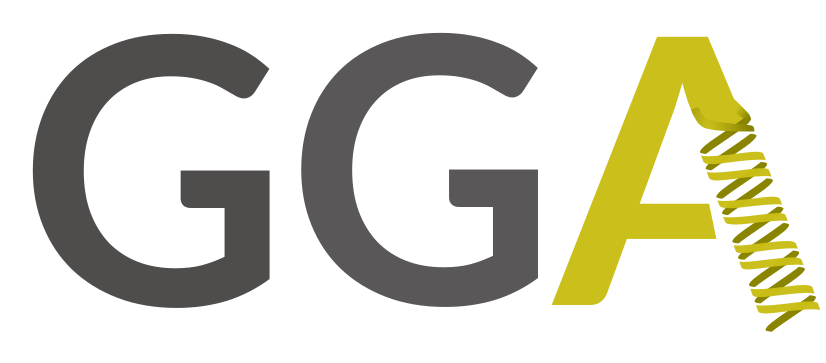
The Galaxy Genome Annotation (GGA) Project is focused on supporting genome annotation inside Galaxy. This blog post by Björn Grüning highlights a few of the recent developments and the new Genome Annotation subsection of the European Galaxy server.

A summary of the 2019 Galaxy Community Conference by Anika Erxleben, Helena Rasche, and Björn Grüning.

This post by Tobias Neumann describes SlamDunk, a novel and fully automated software tool for automated, robust, scalable and reproducible SLAMseq data analysis, that is now available on UseGalaxy.eu.
Galaxy Platforms News
The Galaxy Platform Directory lists resources for easily running your analysis on Galaxy, including publicly available servers, cloud services, and containers and VMs that run Galaxy.

Features a comprehensive set of analysis tools and consolidated workflows for climate science data analysis and visualization. This server supports general GIS data handling tools and climate analysis-specific tools. It is hosted by by the UesGalaxy.eu team. This work was presented at GCC2019 by Anne Fouilloux.
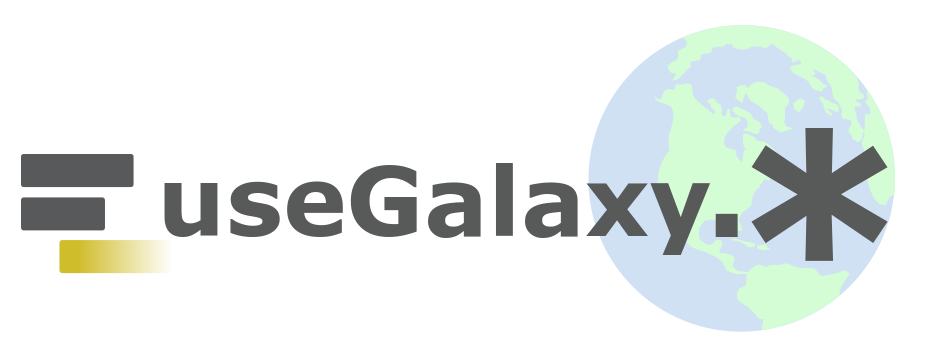
- PathwayMatcher published and running on usegalaxy.eu. PathwayMatcher builds a protein-protein interaction network from the Reactome pathway database.
- MaxQuant goes Galaxy. The European Galaxy server now contains two MaxQuant tools.
- Galaxy Australia moves to new hardware. Galaxy Australia moves to the new QRIS cloud stage 5 hardware
Platforms that were referenced at least twice in the past month's publications:
17 : Huttenhower 4 : CPT 4 : Workflow4Metabolomics 3 : ARGs-OAP 3 : RepeatExplorer 3 : RiboGalaxy 2 : Cistrome 2 : DDBJ 2 : GVL-Unspecified 2 : Palfinder 2 : Pasteur
Who's Hiring
The dark energy of irreproducible research is threatening the science universe! Please help the Galaxy push it back! Have a Galaxy-related opening? Send it to outreach @ galaxyproject.org and we'll put it in the Galaxy News feed and include it in next month's update.
Five permanent positions in bioinformatics / biostatistics (M/F) are open at the Institut Pasteur (Paris)
The Plant Computational Genomics lab in the Department of Ecology and Evolutionary Biology at the University of Connecticut seeks motivated MS and PhD students to join the lab in the Summer/Fall 2020.
AbSci, Vancouver, Washington, United States

At the VIB-UGent Center for Plant Systems Biology, with ELIXIR Belgium.
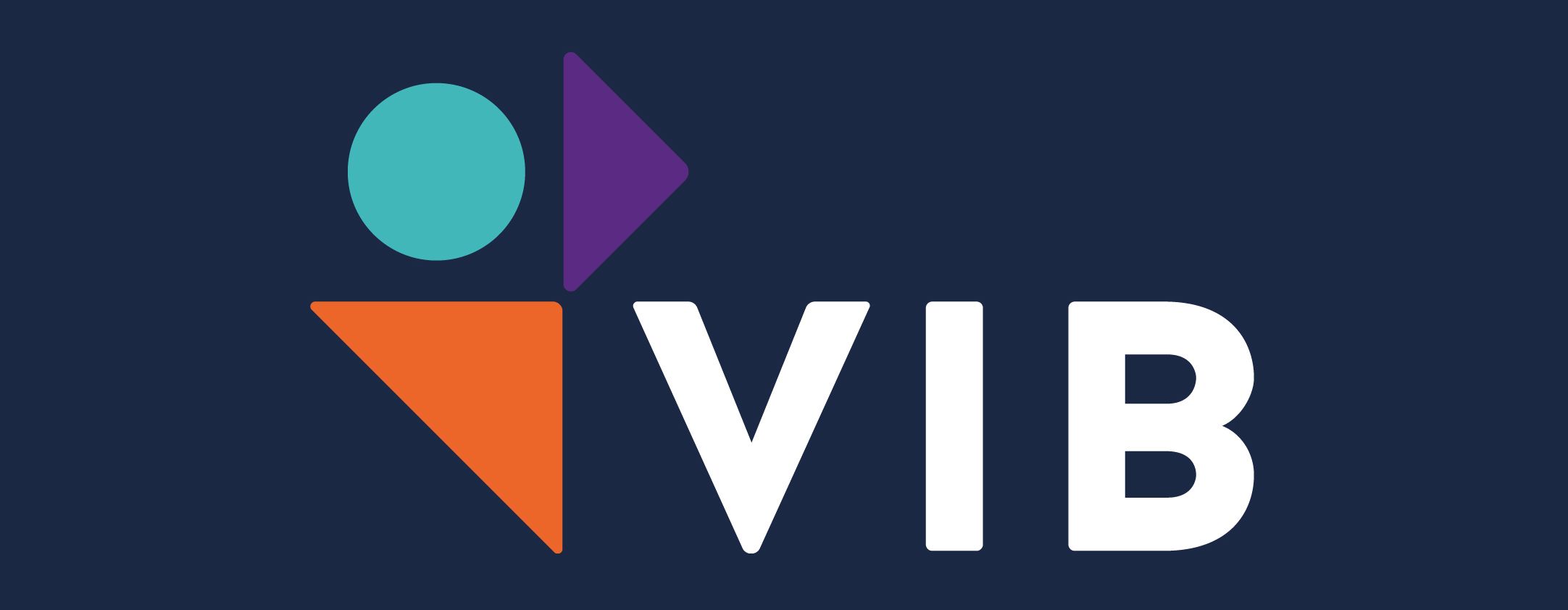
The The European Galaxy Team has open positions in Freiburg, Germany.

Contribute to the operation, support and functionality developments of Galaxy Australia, an award-winning publicly available platform for performing bioinformatics analyses and workflows for Australian researchers.
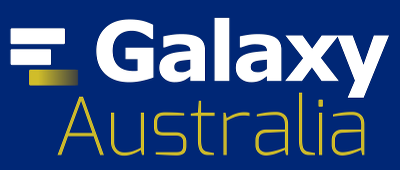
Doc, Hub, and Training Updates

By [Thomas Wollman](https://github.com/thomaswollmann)
How to segment and extract features from cell nuclei Galaxy for image analysis.

By [Thomas Wollman](https://github.com/thomaswollmann) and [Saskia Hiltemann](https://training.galaxyproject.org/training-material/topics/instructors/philosophies/#shiltemann)
How to use Galaxy to perform basic image analysis tasks such as format conversion, image enhancement, segmentation, and feature extraction.

By [Helena Rasche](https://training.galaxyproject.org/training-material/hall-of-fame#erasche)
Continuous integration with Jenkins to make your Galaxy admin life easier.
By [Jennifer Hillman-Jackson](/people/jennifer-jackson/)
A new support page for one of Galaxy's most popular applications: differential gene expression analysis.

By [Dan Blankenberg](/people/dan/)
How to add a new external display application (UCSC genome browser, GeneTrack, JBrowse, etc. to Galaxy.

[Training Infrastructure as a Service (TIaaS)](https://galaxyproject.eu/tiaas.html) is just one service that the European UseGalaxy project is providing. TIaaS got a lot of updates this summer thanks to [Helena Rasche](https://training.galaxyproject.org/training-material/hall-of-fame#erasche). [Read more about it](https://galaxyproject.eu/tiaas.html).
Releases
New additions (and editions) in the Galaxy Ecosystem.
BioBlend is a Python library for interacting with CloudMan and the Galaxy API. Conceptually, it makes it possible to
- to run analyses on Galaxy using a programmatic interface.
- script and automate the process of cloud infrastructure provisioning and scaling via CloudMan.
See the v 0.13.0 release notes for more.
Other News
-
From Peter van Heusden:
- 107 M. tuberculosis samples with variants annotated and phylogeny built in less than one day using Galaxy at SANBI with COMBAT-TB tools. Data from Chen, et al.
-
From Marius van den Beek:
- Are you using #usegalaxy dataset collections? Is there something that just doesn't work for you or that could be easier? Please let us know on GitHub
